Historians and curators are voicing alarm over President Trump's recent directive to scrutinise Smithsonian museums for "woke" ideology. A White House official confirmed that the administration intends to expand its review of cultural institutions, potentially withholding federal funding from those not aligned with the administration's views. Experts warn that such political interference could threaten academic and curatorial independence, distorting historical narratives and excluding diverse perspectives, particularly from marginalised communities.
The Smithsonian Institution, a group of museums and research institutions, operates independently under the governance of a Board of Regents and a Secretary. However, the administration's move to investigate these museums has raised concerns about potential political influence over their exhibitions and educational content. Historians argue that this could lead to a sanitised version of American history, undermining intellectual rigor and democratic debate.
Beth English, executive director of the Organization of American Historians, stated, "That is anti-democratic," referring to the administration's push to stifle and sanitise information, debate, and historical facts. She emphasised the importance of presenting a nuanced and comprehensive view of history, which includes the experiences of Black, Indigenous, Latino, and LGBTQ+ communities.
Cultural experts highlight that reinterpreting history and expanding perspectives is a common and necessary practice in museum work. They point to past controversies, such as the 1990s exhibit on the Enola Gay, as healthy public debates that contribute to a deeper understanding of history. However, appointing untrained political allies to oversee museums is seen as undermining these institutions' missions and professionalism.
The controversy surrounding the Smithsonian museums is part of a broader cultural debate in the United States. The administration's focus on "woke" culture has led to increased scrutiny of various institutions, including universities and museums. Historians and cultural experts continue to advocate for the preservation of academic freedom and the integrity of cultural institutions in the face of political pressures.
